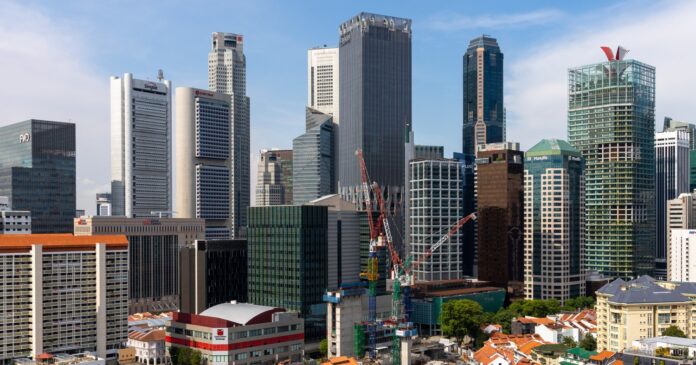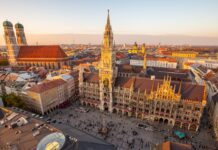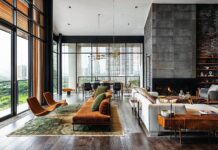In Singapore’s competitive property landscape, few assets hold as much prestige and long-term appeal as freehold properties. While leasehold developments dominate the city’s skyline, freehold ownership continues to represent true permanence and legacy.
For investors and homeowners alike, the sense of ownership and lasting value that comes with freehold tenure remains unmatched. Developments such as Coastal Cabana illustrate how timeless architecture and full ownership rights combine to make these properties highly desirable in today’s market.
1. True Ownership and Long-Term Security
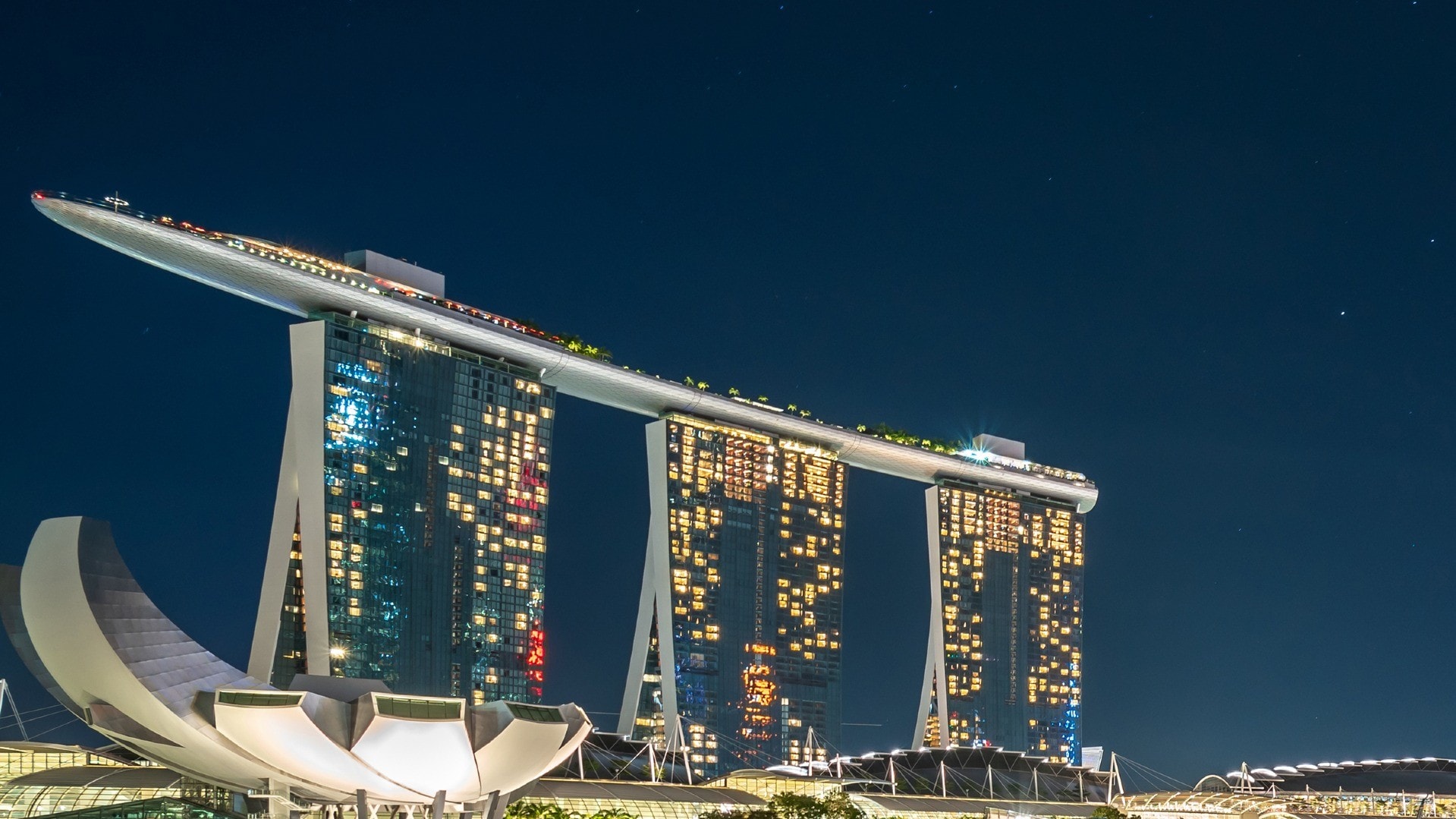
The main distinction between freehold and leasehold properties lies in tenure. A freehold title means permanent ownership—the land and property belong to the owner indefinitely. This sense of permanence provides peace of mind that few other investments can offer.
In contrast, leasehold properties come with a fixed tenure—typically 99 years—after which ownership reverts to the state. While leasehold homes can still appreciate in value, the finite timeline introduces long-term uncertainty.
For families and legacy planning, freehold properties remain the preferred choice. They can be passed down through generations without the concern of lease decay. This enduring value makes them a cornerstone of wealth preservation within Singapore’s real estate portfolio.
2. High Demand and Limited Supply
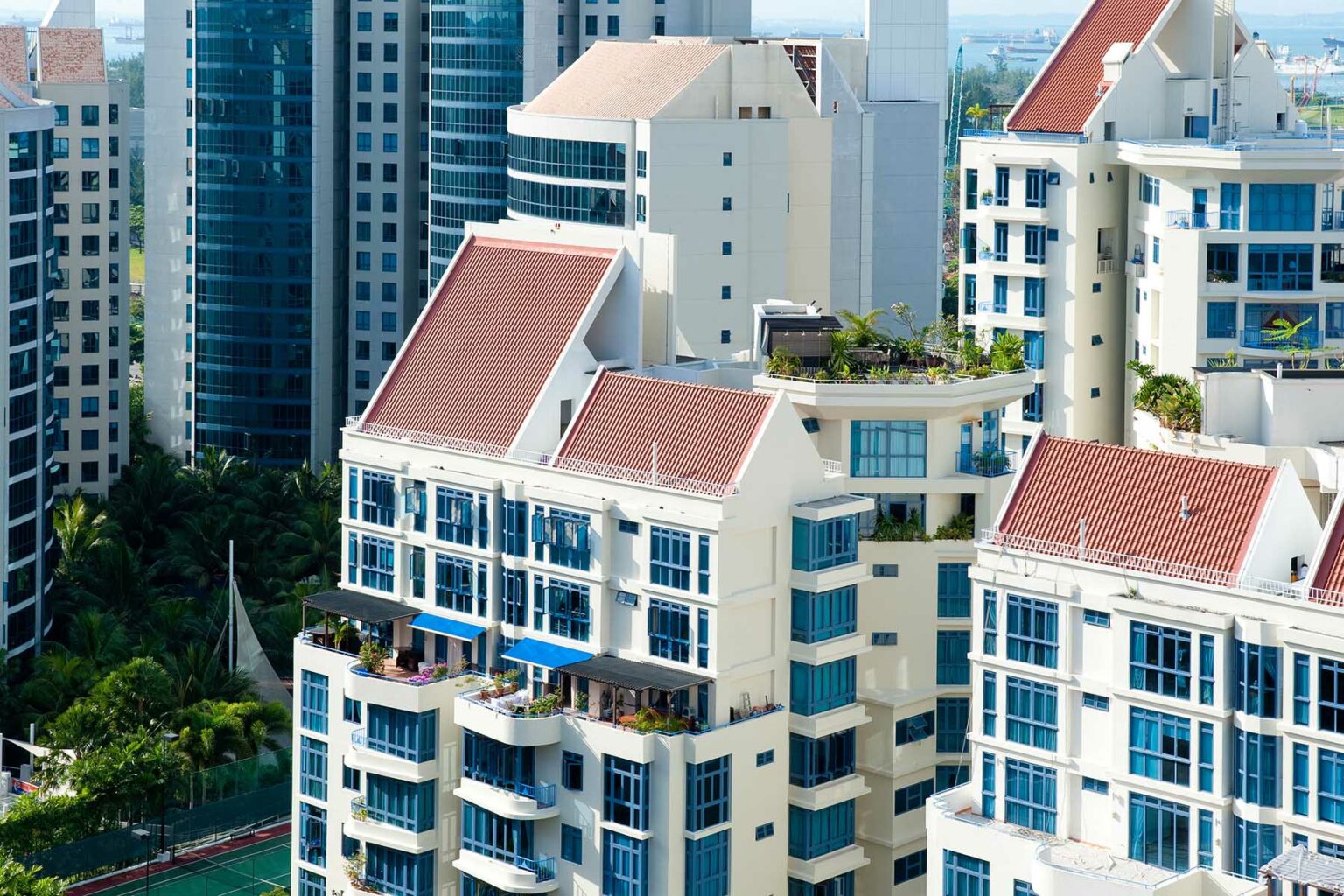
One of the key factors behind the high value of freehold properties is their scarcity. The Singapore government releases limited amounts of freehold land, and most new developments are built on leasehold plots. As a result, freehold projects make up a small portion of the overall housing stock.
This rarity drives competition among buyers and investors. When properties like Coastal Cabana launch, they attract immediate attention for their exclusivity and long-term investment potential. Even during market slowdowns, freehold homes retain strong demand because buyers recognize their inherent stability.
Moreover, freehold status adds a premium to resale prices. Buyers are willing to pay more upfront, knowing the property will hold value for decades to come. This dynamic keeps freehold real estate resilient even in fluctuating market conditions.
3. Ideal for Both Investment and Lifestyle

Freehold ownership offers both financial and lifestyle advantages. Investors view these properties as low-risk, appreciating assets that provide consistent returns over time. Homeowners, meanwhile, enjoy the flexibility to renovate, expand, or hold indefinitely without the constraints of a lease term.
Developments inspired by Coastal Cabana emphasize this dual appeal by combining architectural excellence with functional luxury. Spacious layouts, high-quality materials, and modern amenities make them not only smart investments but also desirable homes.
Another factor boosting demand is Singapore’s global reputation as a safe, well-regulated market. Freehold properties within prime districts—especially near the riverfront or key business zones—appeal to international buyers seeking secure, long-term assets in Asia’s financial hub.
Ultimately, freehold ownership represents more than just possession—it’s a statement of stability, prestige, and confidence in Singapore’s future.
Conclusion
The value of freehold properties in Singapore’s real estate market lies in their permanence, scarcity, and enduring demand. These homes offer long-term security for families and strong returns for investors, making them a prized asset in any portfolio.
Developments such as Coastal Cabana embody the essence of freehold ownership—timeless design, strategic location, and lasting worth. As Singapore continues to grow and evolve, freehold real estate will remain a symbol of lasting luxury and an anchor of investment certainty.

